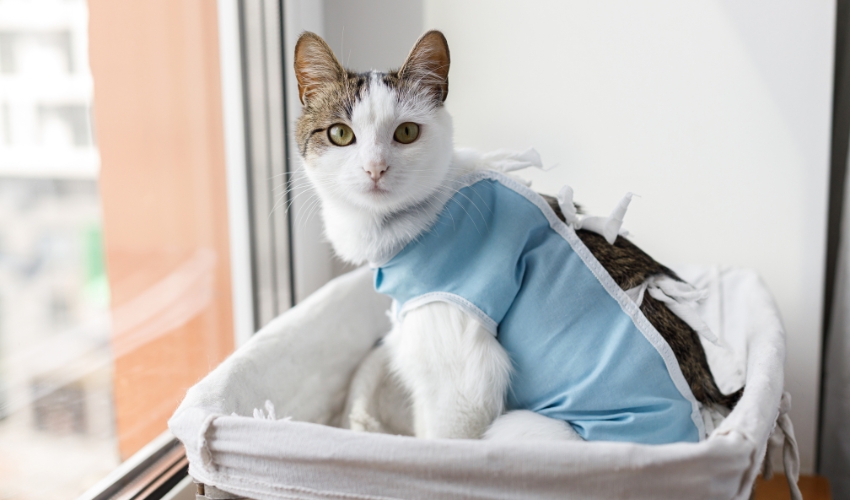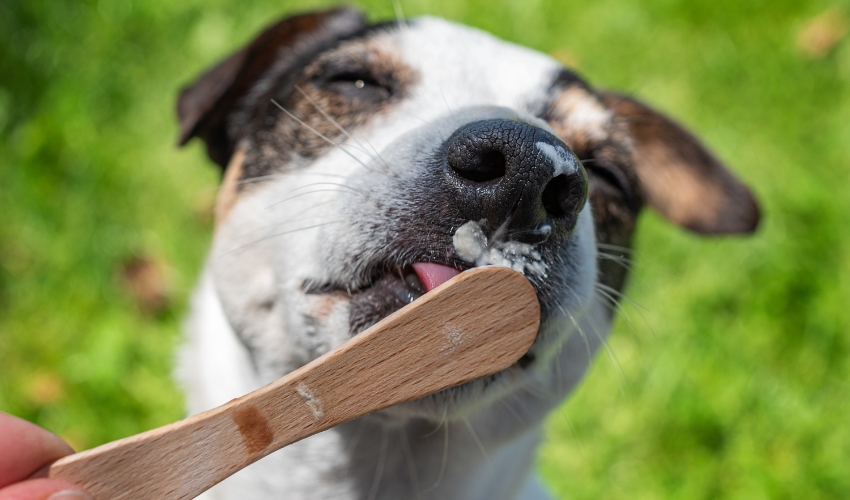It can be challenging for pet owners to watch their fur babies suffering from diarrhea. To address this issue, you must first be aware of the types of food that can alleviate their pain during the process.
If you’re kind of clueless about what to feed a cat with diarrhea, then this guide can help you about what type of food to prepare, as well as those you can’t feed to your pet!
Bland Foods You Can Feed To A Cat With Diarrhea
Feeding cats a bland diet of the following ingredients plus extra probiotics may help alleviate a cat’s diarrhea.
- Rice boiled in a beef or chicken broth.
- Baby food with a single-ingredient beef or chicken flavor with cooked white rice
- Cooked or canned pumpkins that are not seasoned.
- Boiled hamburger, white rice or spaghetti, as well as boiled chicken.
While feeding a cat these bland diet foods, regular foods may be slowly mixed, decreasing the volume of the rice mixture until the cat is back on a diet. One of the most important things to remember about what to feed a cat with diarrhea is water. Cats with diarrhea lose lots of fluids, which is why a cat should never lose access to water.
Since a cat seems to play a significant role in the household, it only makes sense that they would be in special occasions and celebrations. Though foods and beverages are sometimes the main attractions during events and parties, pet parents may give a limited amount of table food to a cat.
Sharing food with cats might seem harmless, but many common foods can be risky for cats.
Foods You Shouldn’t Feed To A Cat With Diarrhea

1. Fatty foods
Your cat may experience intestinal upset from eating rich or fatty meals. For instance, eating meats like turkey, ham, or others high in fat will cause diarrhea.
If a cat has eaten fatty foods, it may experience vomiting, diarrhea, abdominal pain and loss of appetite. Meat-flavored cat food can be an alternative to satisfy its meat cravings.
2. Undercooked meat
Raw or undercooked meat could have pathogens such as Salmonella or E. coli, which result in nausea, diarrhea, and appetite loss. Similarly, prevent your cat from eating rotten or moldy food. Toxins they may contain can trigger tremors, trembling, vomiting, convulsions and diarrhea.
3. Bones
It is best to keep cats away from bones from meat, fish, and poultry because they could be dangerous to them. They might seriously harm their digestive system if they can pull bones from the garbage, a table, or a counter. The digestive tract of cats may become obstructed or lacerated because of a bone.
4. Cow milk
Cats should not consume milk. Milk contains lactose which can make them ill. It also has fats which are not suitable for such a pet. Cats quickly lose the capacity to digest milk after being weaned. It would not take many licks to cause a messy case of diarrhea.
As cat owners dig into their food, they sometimes feed their cats what they eat. Below are the human foods that may or may not be appropriate for a feline friend that owners should know.
5. Peanut butter
Can cats have peanut butter? Most pet parents are not sure about this. However, cat parents should refrain from offering their feline pets peanut butter, although many cats enjoy the taste of this sweet and savory spread! In addition to having little nutritional value, it contains components like fat and other artificial sweeteners that may be poisonous to cats.
6. Cheese
Can cats have cheese? The answer is Yes and No. Cats can have cheese only in moderation by giving them a small piece. If a cat has a dairy allergy or is lactose intolerant, owners shouldn’t give cheese since it can cause constipation, vomiting and diarrhea.
7. Watermelon
Questions such as “can cats eat watermelon” or “is it safe to feed a cat watermelon” are commonly asked by owners. They can have a small amount with seeds removed and not too regularly. It is not advisable to give watermelon to overweight or diabetic cats since it contains sugar.
8. Apples
Some might or might not know the answer to “can cats eat apples”. Cats can generally handle the occasional small slice of apple flesh, but this fruit is not essential to their diet.
Apple meat is not poisonous to cats, but their seeds, stems, and leaves can be because they all comprise cyanide. Although the cat will need to consume a lot of apple seeds to achieve a toxic amount of cyanide, it can still disrupt the cat’s stomach.
Conclusion
Cats’ digestive systems can be as sensitive as humans, which is why they can’t avoid tummy issues. When your cat catches one, don’t panic and earnestly learn about what to feed a cat with diarrhea.
Remember, you can be in control of your cat’s eating habits. As a responsible owner, it’s time to step up your game and educate yourself about the types of food that may help your cat not just when they have diarrhea, but in all the days of their lives!











